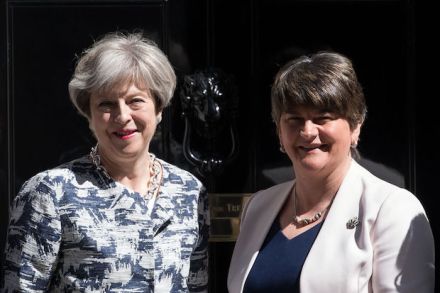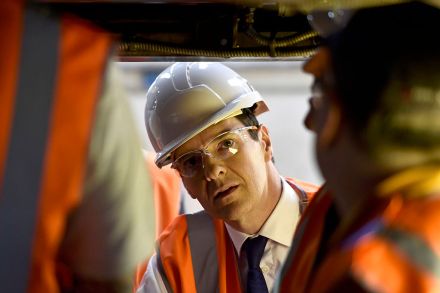In defiance of all gloomy predictions, the global economy begins this year in its healthiest state ever
This piece first appeared as the leading article in this week’s Spectator magazine. It is only a few months since gloomy economic commentators were confidently predicting that the world was about to plunge into a dark era of protectionism. Yet the global economy begins this year in its healthiest state ever, growing faster than any time since 2011. There has been a change in political rhetoric, but not in the willingness of people around the world to trade with each other. According to the OECD’s most-recent projection, made in November, world trade grew at 4.8 per cent last year. Something seems to be going badly right. Negative sentiments about the




















